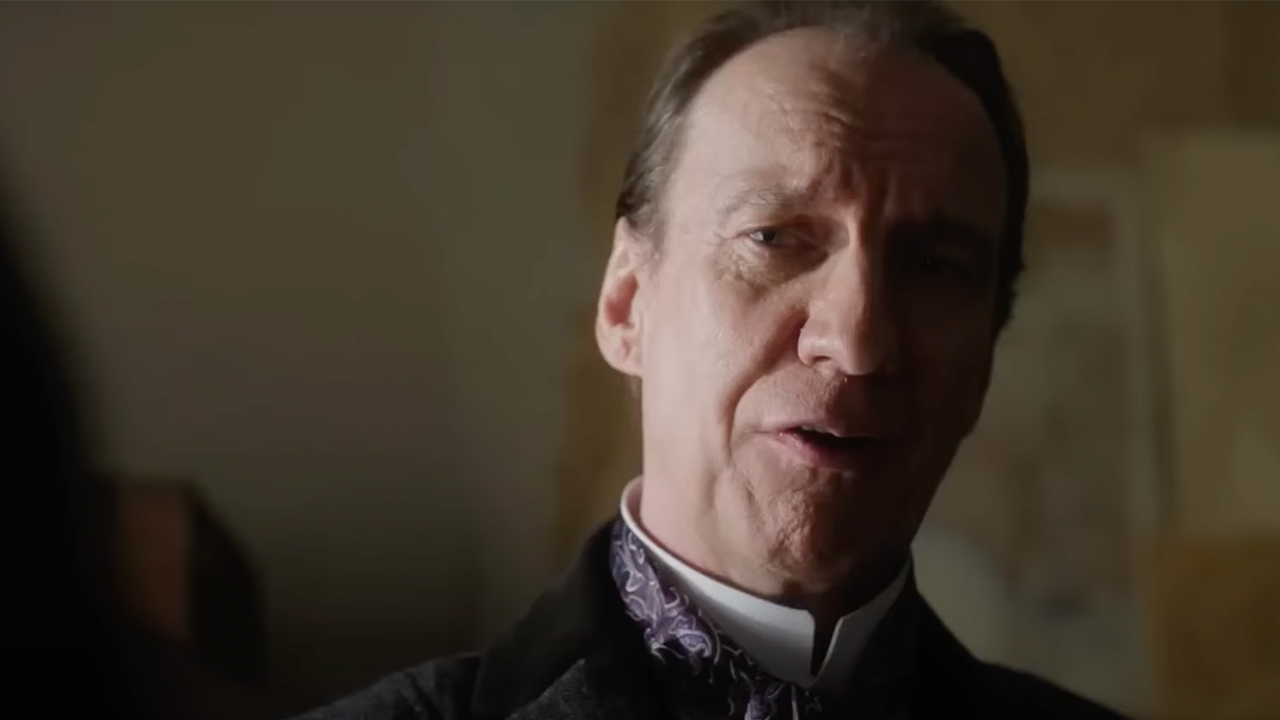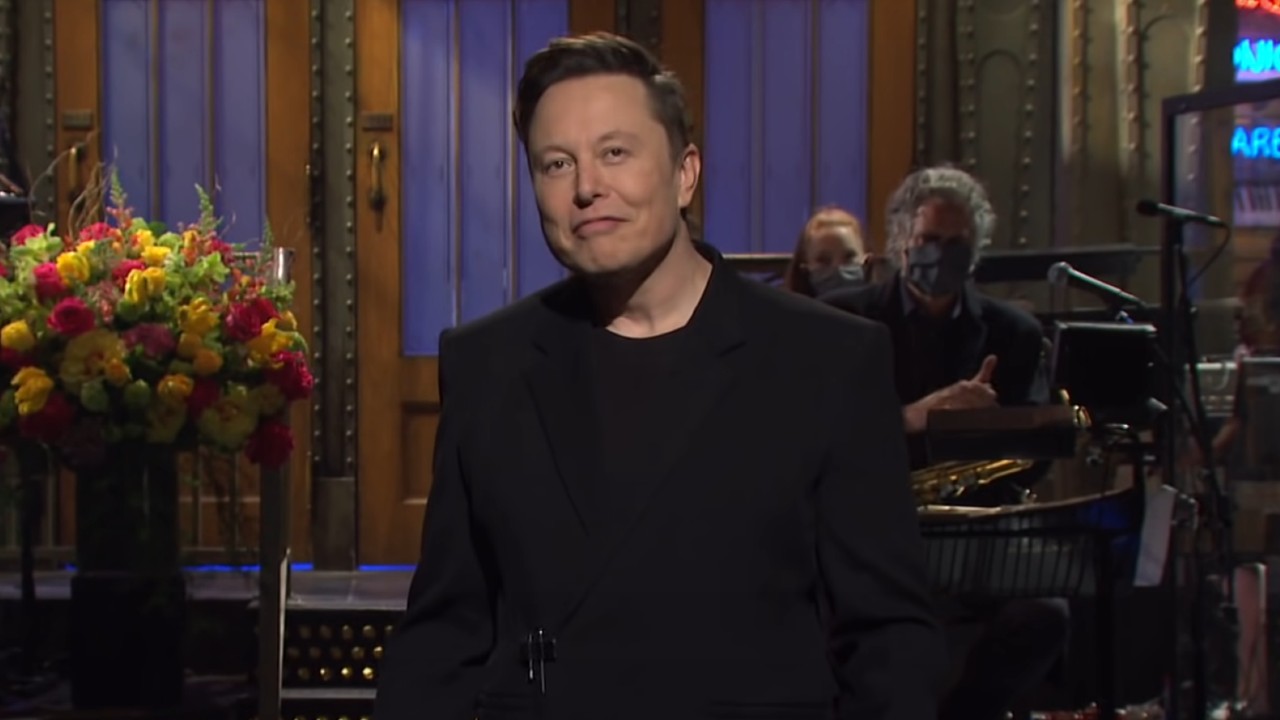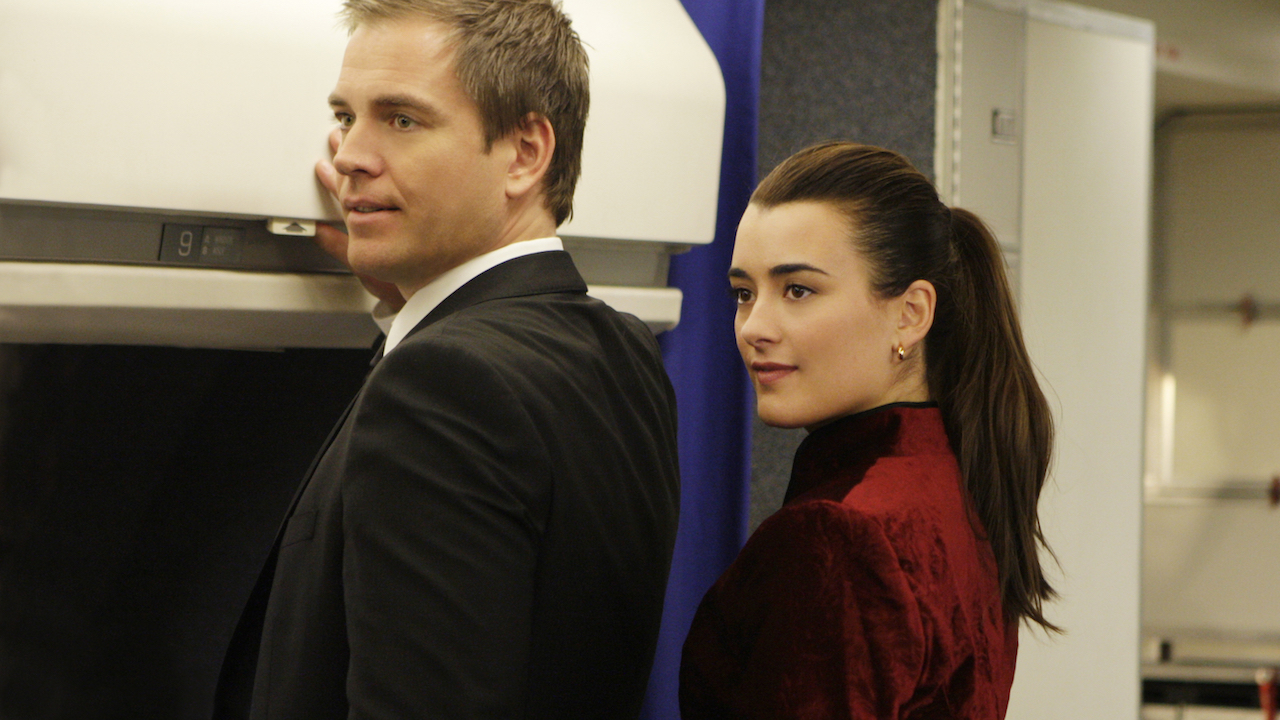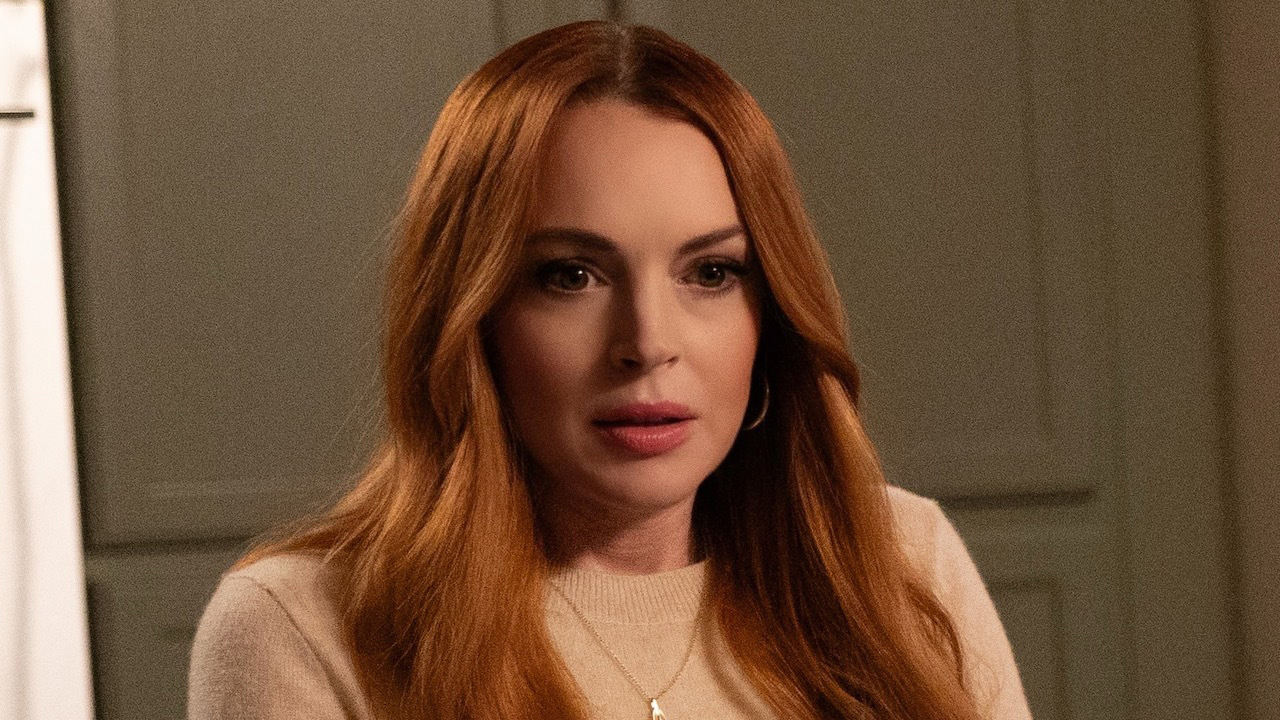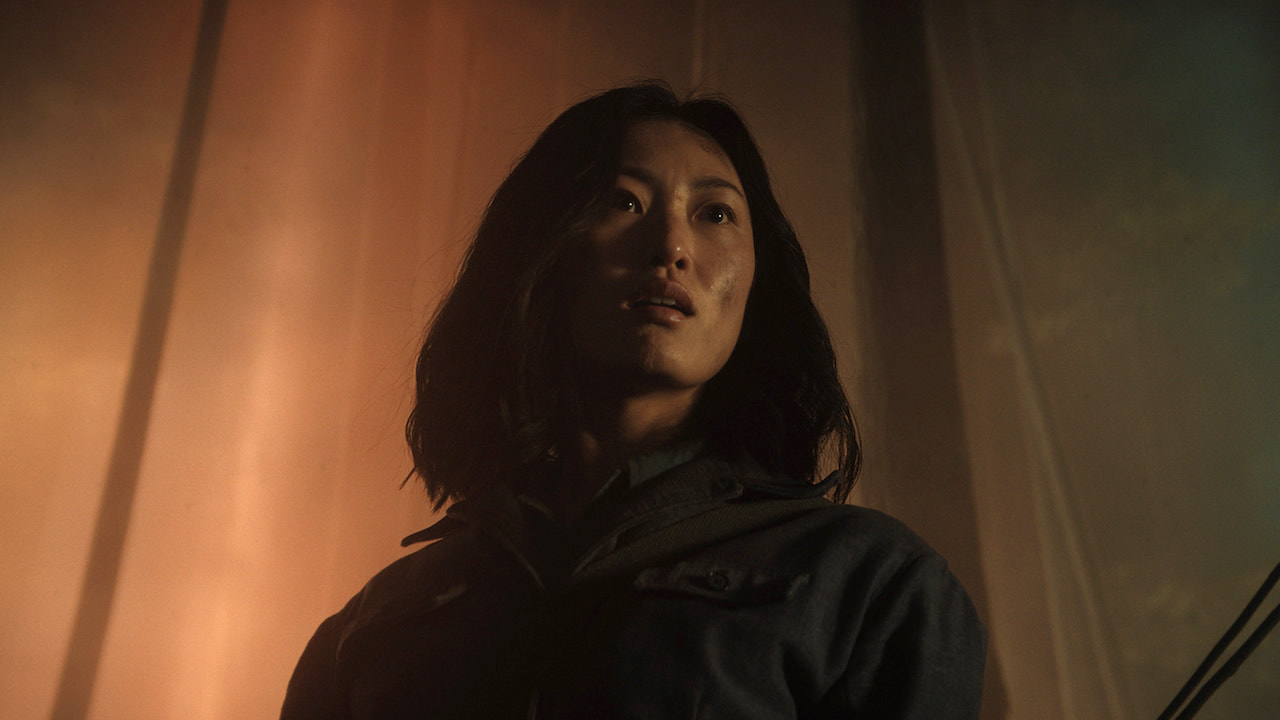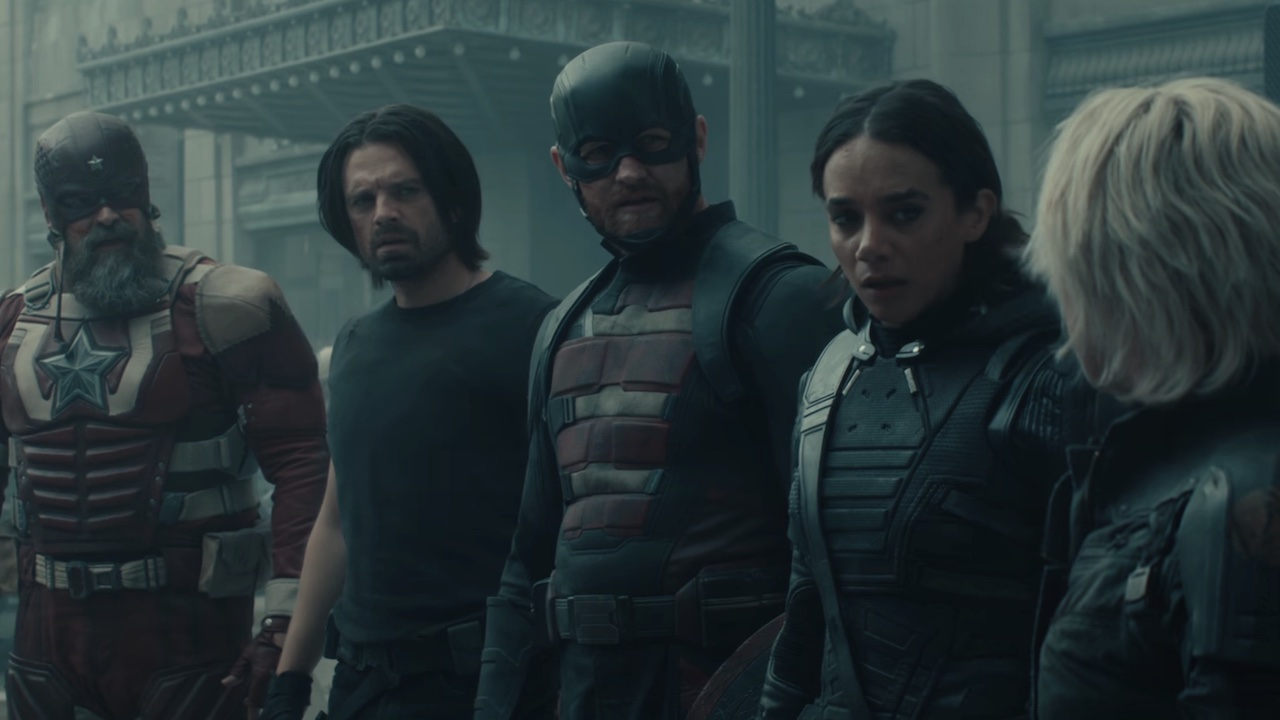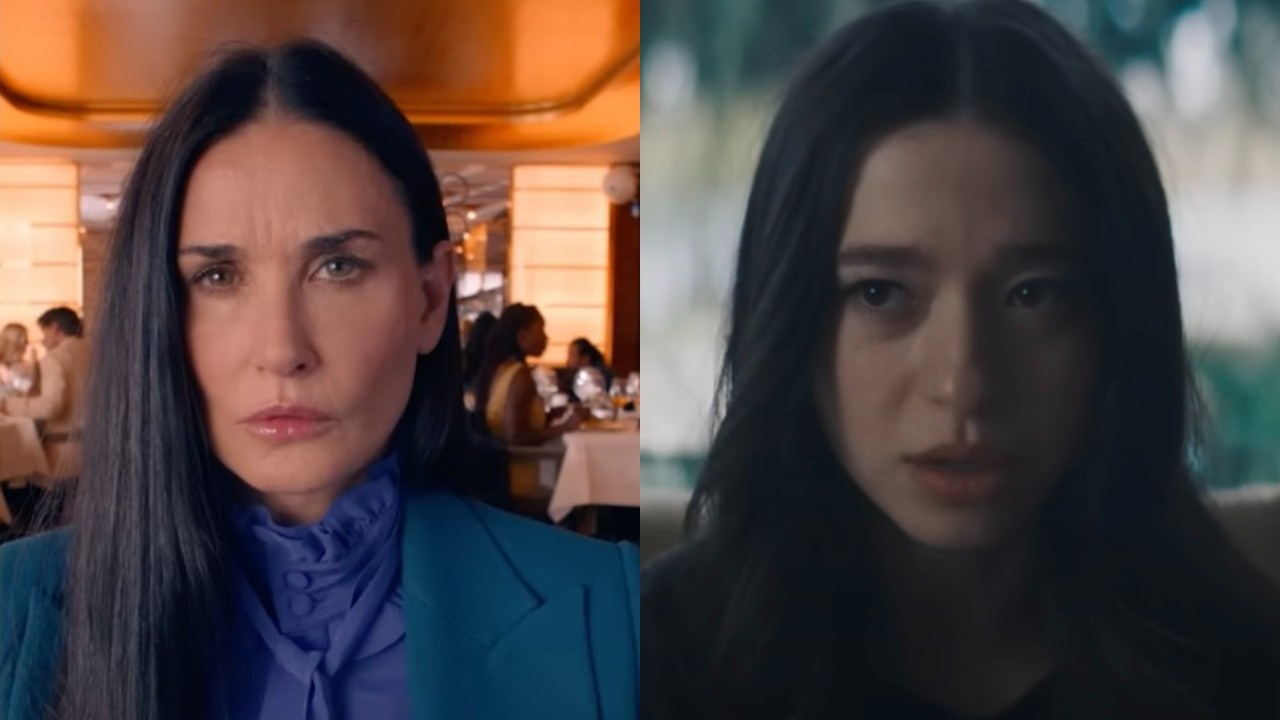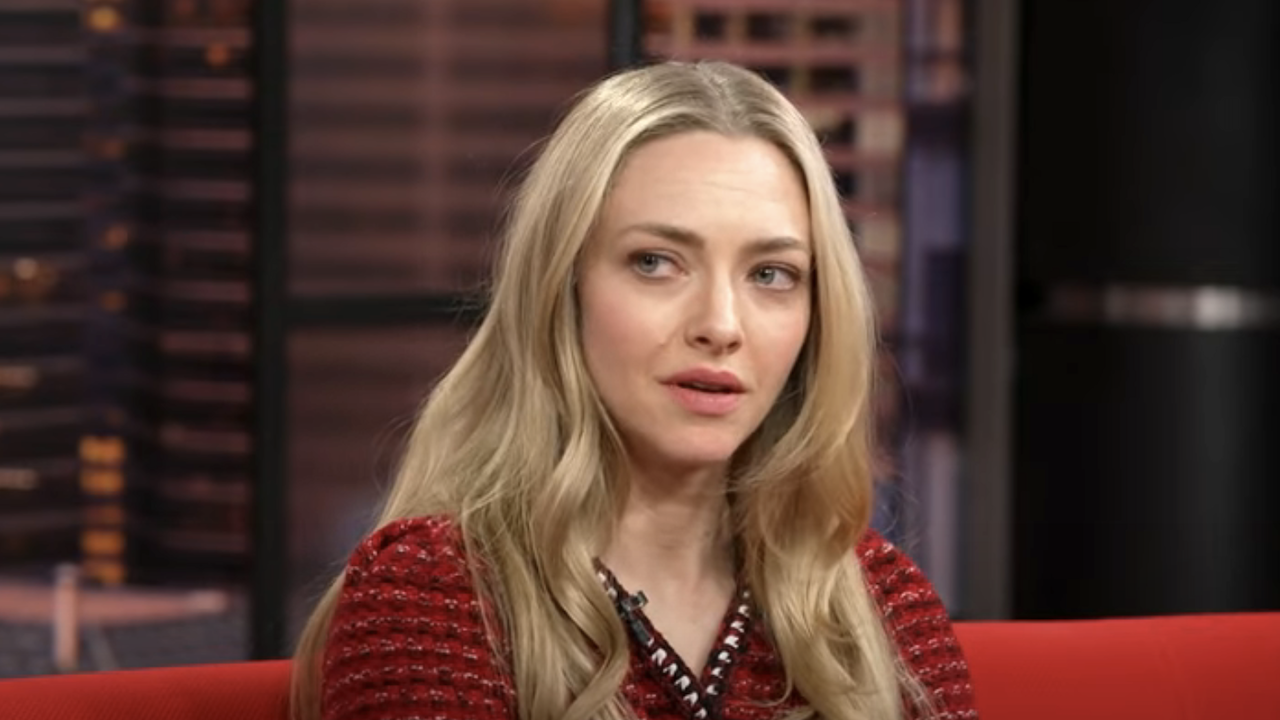Find Out Why Fruitvale Was Sundance's Biggest Film And A Future Awards Contender
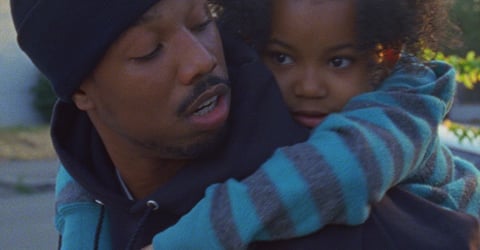
Fruitvale began earning huge buzz from pretty much the moment it premiered at the Sundance Film Festival last Friday. Really, we should have seen it coming. Yes it's directed by a newcomer, 26-year-old writer-director Ryan Coogler, and yes it doesn't feature any of the kind of huge names that send festival audiences flocking. But it promised a leading man turn from Michael B. Jordan, the star of Friday Night Lights and The Wire who's never been anything but great, and supporting work from Octavia Spencer, still not even a year off that Oscar win for The Help. Add that to a compelling, infuriating true story, and how on earth was Sundance not going to embrace this one?
It also helps, of course, that Fruitvale is very, very good, a naturalistic and emotional recounting of the last day in the life of Oscar Grant, a 22-year-old Oakland man who was shot in the back by a police officer while lying, handcuffed and prone, on the floor of a train station. Like so many modern tragedies the event became famous thanks to cell phone videos, and sparked riots and protests across San Francisco that continue to this day. Fruitvale-- named for the BART station where the shooting occurred-- opens with the real life cell phone footage and closes with scenes of a protest timed to the fourth anniversary of Oscar's death, on New Year's Day just this year. But what comes in between provides vital context for that heartbreaking but anonymous death. Fruitvale makes damn sure that Oscar Grant matters.
A Great Man biopic of sorts, laying out all the reasons that Oscar was a valuable member of society gone too soon, Fruitvale sometimes leans a little heavy on this best traits, especially since it compresses the story entirely into that last day. We see Oscar obey his mother's (Spencer) commands that he use a hands-free device while driving and reneg on a deal to sell drugs and rescue a dog hit by a car and help a random white girl (Ahna O'Reilly) figure out which fish to fry by calling his grandmother right there at the fish counter. These all seem like things Oscar would really do, but maybe not all in one day, and the portent gets even thicker in scenes like the one where he tells his daughter not to worry about the sounds of gunfire outside, and promises he'll take her to Chuck E Cheese on New Year's Day (it was open?)
But Fruitvale feels so authentic and warm-spirited, and Jordan is so compelling in the lead role, that these are mostly things that could bother you afterward. In a world where young black men die of gunshot wounds more than any other demographic, and in an industry where they are rarely depicted as full-fledged characters, it is a rare pleasure to spend this time with Oscar Grant and then an outrage to lose him. He's not a saint, prone to irrational anger and some bad decisions, but he's trying, and that warmth comes through in every interaction he has, even with the boss who won't hire him back.
The film's final act, when Oscar is goaded into a fight on the train and then apprehended by the cop who will kill him, is tense and then mournful, going almost entirely silent at the exact moment the audience has broken down into sobs. Spencer and Melonie Diaz, who plays Oscar's girlfriend Sophina, carry the final act with performances equally as strong and nuanced as Jordan's, bringing in the audience to wait with them at the hospital to find out Oscar's fate. Oscar's life was not extraordinary, a former felon and drug dealer taking steps toward a better life, but he mattered, and Fruitvale-- its few moments of overdone fiction included-- lets us know that better than any news report or protest could.
I was shaking by the end of Fruitvale, holding back tears and alive with anger, the knowledge that it wasn't just a trigger-happy and angry cop that killed Oscar Grant, but an entire culture in which young black men are distrusted and abused and considered expendable. Clearly it wasn't just me-- Fruitvale won both the Audience Award and Grand Jury Prize in its category, proof of both its artistic strengths and incredible power over an audience. It will be in theaters later this year from the Weinstein Company, though I predict under a different name (Fruitvale is a meaningless word for anyone unfamiliar with the San Francisco area transit system). The name won't matter, though-- the ringing buzz around Fruitvale will last until its time for audiences to be moved and outraged by it all over again.
For our complete Sundance coverage, click here.
CINEMABLEND NEWSLETTER
Your Daily Blend of Entertainment News
Staff Writer at CinemaBlend

